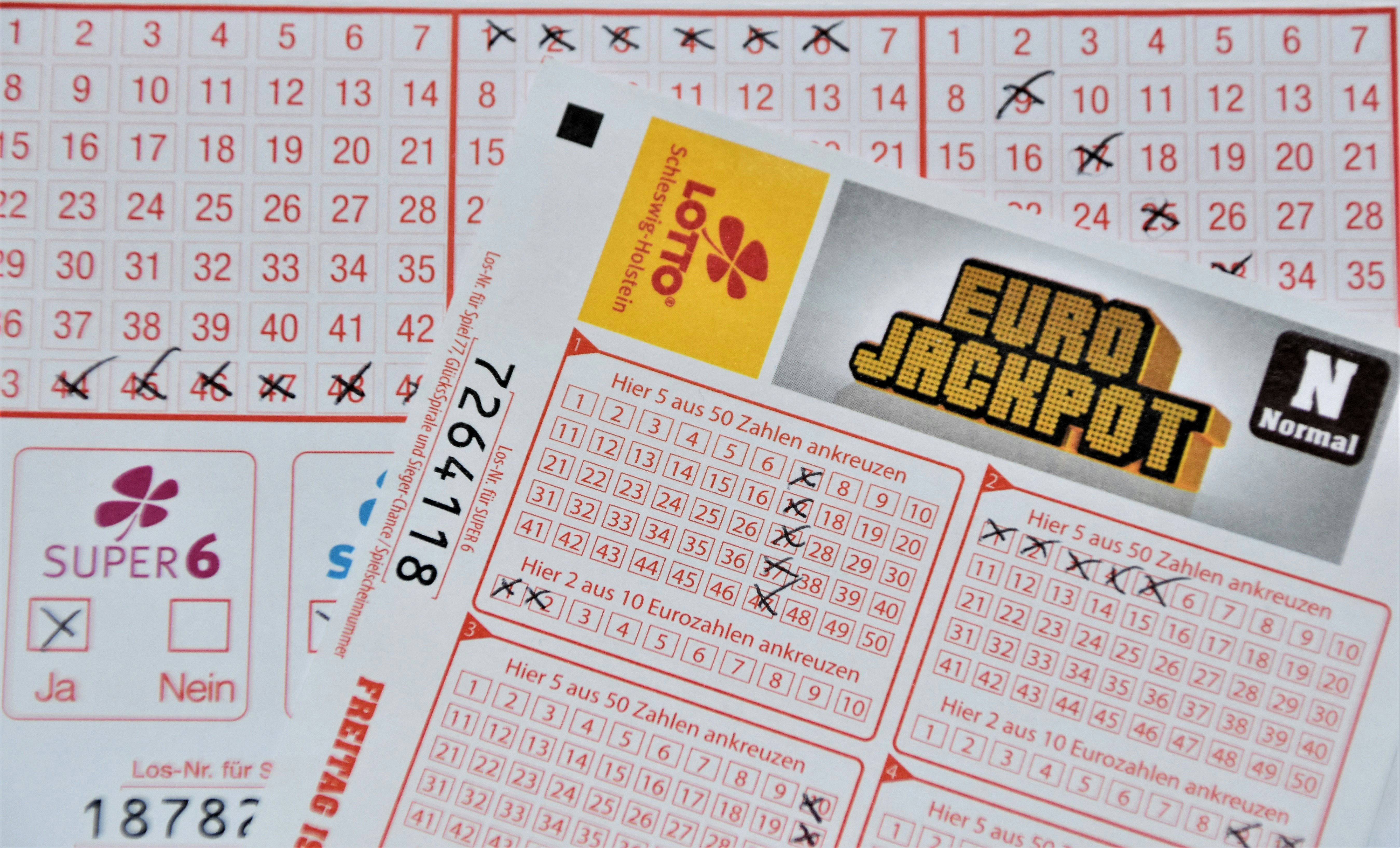Hungary, with its rich history, vibrant culture, and strategic location in Central Europe, has become an increasingly attractive destination for real estate investors. Whether you are looking for a cozy apartment in Budapest, a picturesque countryside home, or a commercial property, the Hungarian real estate market offers diverse opportunities. This guide will walk you through the essential steps and considerations for purchasing real estate in Hungary.
Understanding the Market
Before diving into the buying process, it's crucial to understand the Hungarian real estate market. Budapest, the capital, is the most popular area for property investment due to its economic significance and cultural appeal. Other regions, such as the Balaton Lake area and cities like Debrecen and Szeged, also offer promising investment opportunities.
Legal Regulations for Foreign Ownership
Foreigners can purchase real estate in Hungary, but there are some restrictions. Non-EU citizens need to obtain a permit from the local government office, which usually takes a few weeks. EU citizens face fewer restrictions and can buy property under similar conditions as Hungarian citizens. You can also buy property via a Hungarian company. Purchasing arable land for a foreigner citizen is strictly limited in several cases and a complicated procedure is required.
Property Ownership
Hungary recognizes various forms of property ownership, including exclusive, common ownership and condominiums as a mixed type. Exclusive ownership is the most common and provides the buyer with complete ownership of the property and the land it stands on.
Finding a Property
Several online listings and property portals provide advertisements for real estates in Hungary. Websites like ingatlan.com, otpotthon.hu, realtorlawyers.hu and realestatehungary.hu are popular and provide extensive listings of residential and commercial properties.
Legal Due Diligence, Technical Property Inspection
Before making an offer, it’s essential to inspect the property thoroughly. Ensure that the property has a clear title and is free from any encumbrances. This step typically involves checking the Land Registry and obtaining a certificate of ownership. It is crucial to engage a real estate lawyer who can check the legal background of the real property and ensure all legal aspects are covered, and represent you in the complete procedure. Make sure to choose an lawyer who is fluent in your in English. Also consider hiring a professional surveyor and architect to assess the property's condition and identify any potential issues.
Financing the Purchase
Both Hungarian and international banks offer mortgages to foreign buyers. The terms and conditions vary, so it's advisable to compare different offers. Non-residents may face stricter lending criteria and higher interest rates.
Currency Considerations
Since Hungary uses the Hungarian Forint (HUF), currency exchange rates can impact the purchase cost. It’s wise to monitor exchange rates and consider using a foreign exchange service to lock in favourable rates.
The Buying Process Once you find a suitable property, you can make an offer. If the seller accepts, a preliminary agreement is signed, and a deposit (usually 10% of the purchase price) is paid when you signed at least a preliminary contract.
Be careful with the realtors!
Be aware of signing any documents offered by realtors, they are not entitled to formulate legal documents. Numerous legal cases generated by their false, incorrect or invalid documentation prepared without legal education and right to practice law. Also, realtors’ agreement are often very tricky in Hungary, they often use conditions advantages just for themself and the state attorney office challenges continuously such invalid, abusive realtor engagement agreements in the representation of the public. The big realtor networks are not exceptions, their franchise members are usual defendants in such litigations.
Instead, contact your lawyer as a first step, they are legally educated and allowed to elaborate legal documents, and it is advised to check with them the realtor’s contract.
Signing the Contract
The final purchase contract is drafted and countersigned by a lawyer. This contract outlines all terms of the sale, including the purchase price, payment schedule, and transfer date.
Registration
After signing the contract, the property must be registered with the Land Registry with the assistance of a lawyer. This step officially transfers ownership to the buyer and typically takes a few weeks.
Costs and Taxes
In addition to the property price, buyers should budget for additional costs, including: - Legal fees: 1-2% of the purchase price - Registration fees: Approximately HUF 6,600 (from the end of July 2024 it is HUF 10,600) - Real estate agent fees: 2-5% of the purchase price
Duties, taxes
The basic transactional duty associated with real property purchase is 4% of the market value. The tax authority may alter from the purchase price if it considers it less that the real market value. There may also be other local taxes and fees.
Renovations and Maintenance If the property requires renovations, hiring local contractors and obtaining necessary permits will be essential. Regular maintenance is also crucial to preserve the property's value.
Property Management
For investors who do not plan to reside in Hungary, hiring a property management company can be beneficial. These companies handle tenant issues, maintenance, and ensure the property is well-kept.
Conclusion
Buying real estate in Hungary can be a rewarding investment, offering opportunities in a diverse and growing market. By understanding the local market, navigating the legal landscape, and conducting thorough due diligence, you can make a successful and informed purchase. Whether you're seeking a permanent residence, a vacation home, or an investment property, Hungary's real estate market has something to offer.
If you plan to purchase a real estate in Hungary, contact Dr György Zalavári, lawyerand partner of Ecovis Zalavári Legal Hungary.




